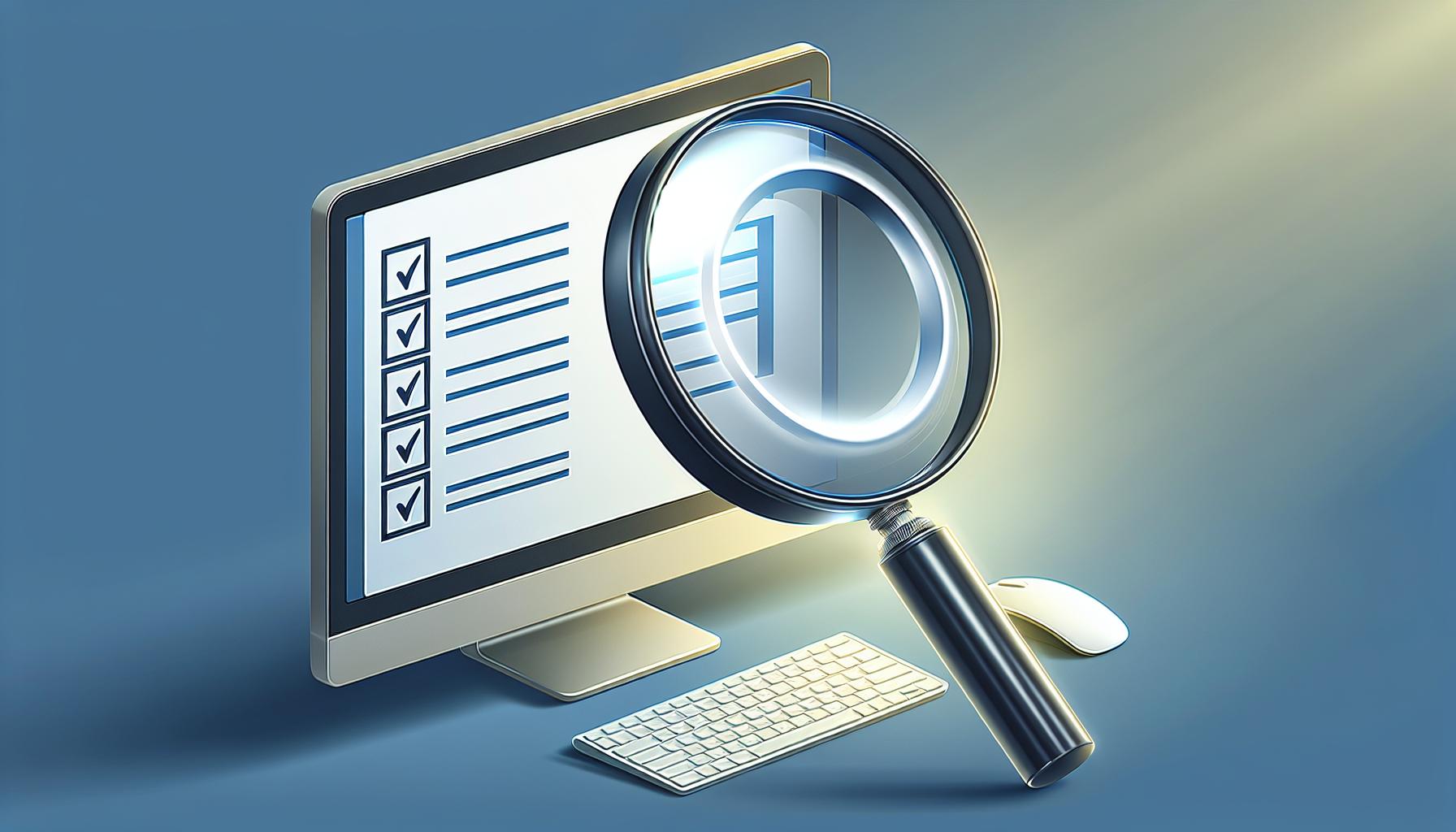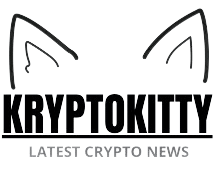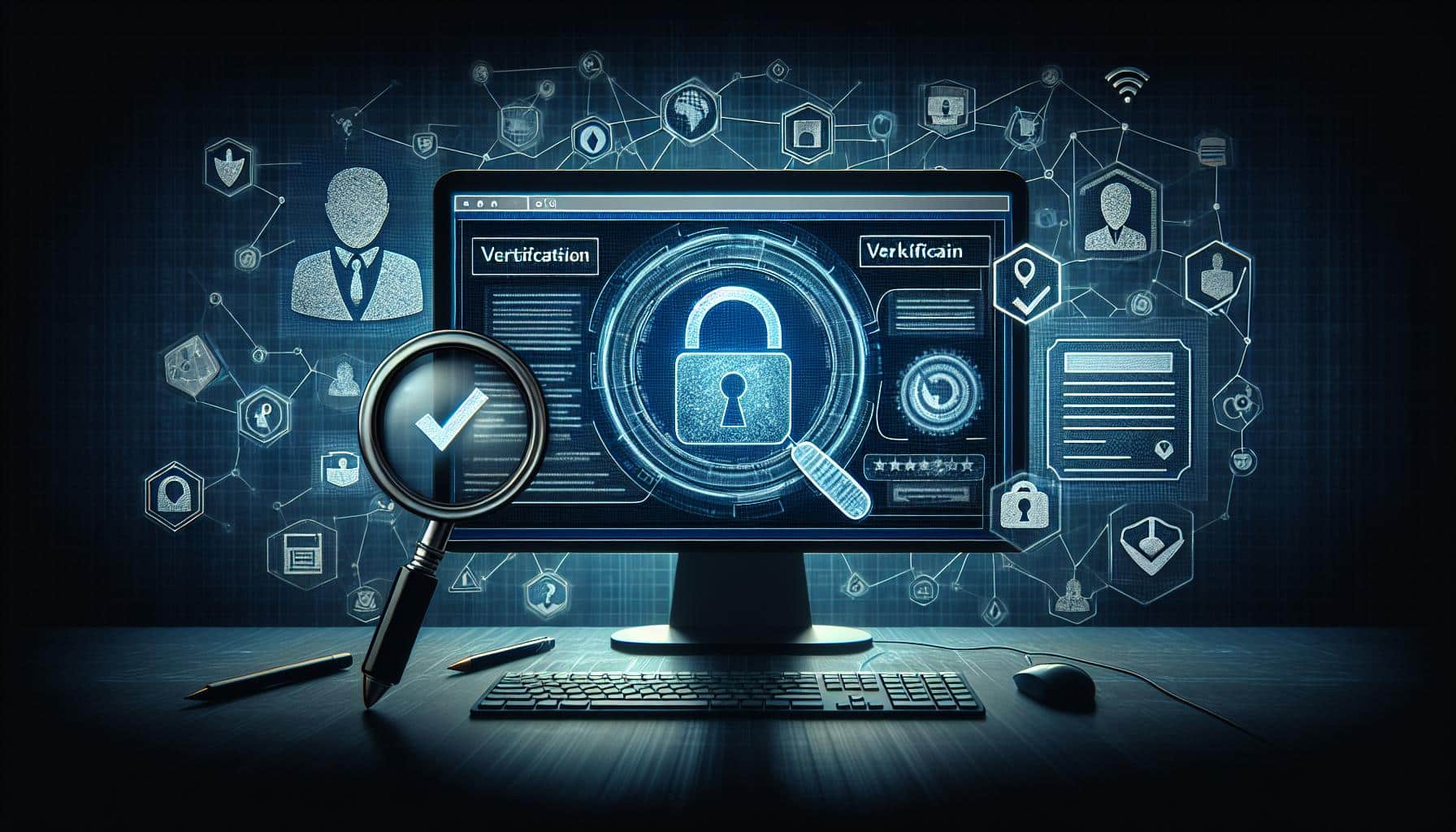When it comes to navigating the vast sea of information online, knowing how to verify the accuracy and reliability of the content you encounter is crucial. In a world where misinformation can spread rapidly, being able to discern fact from fiction is a valuable skill. Whether you’re researching for a school project, staying informed on current events, or simply curious about a trending topic, verifying the information you come across is essential.
In this article, you’ll discover practical tips and strategies to help you verify the credibility of sources, fact-check claims, and distinguish between trustworthy information and misleading content. By honing your verification skills, you’ll not only make more informed decisions but also contribute to combating the spread of misinformation in today’s digital age. Stay tuned to learn how you can become a more discerning consumer of information.
Understanding the Verification Process
The Importance of Verification
When it comes to navigating the vast sea of information online, understanding the importance of verification is paramount. In a world where misinformation and fake news can easily spread, being able to verify the accuracy and reliability of the information you come across is crucial. By verifying the sources and fact-checking claims, you can ensure that you are basing your decisions on trustworthy information rather than falling prey to misleading content.
Common Verification Methods
To verify the credibility of information, there are several common methods you can employ. One prevalent method is cross-referencing. By comparing the information you find across multiple reliable sources, you can confirm its accuracy and identify any discrepancies. Additionally, fact-checking websites are valuable tools that can help you validate claims and debunk false information.
Another effective verification method is to assess the authoritativeness of the source. Checking the credentials of the author or the organization behind the information can give you insight into their expertise and reliability. Moreover, looking for citations and references within the content can further establish its credibility.
Furthermore, verifying the timeliness of information is crucial. In a rapidly evolving digital landscape, outdated information can be misleading. Always check the publication or last update date of the content to ensure that you are relying on the most current and relevant information available.
By understanding the importance of verification and utilizing these common methods, you can navigate the online world more effectively, make informed decisions, and contribute to combating the spread of misinformation.
Steps to Verify Information Online

When it comes to verifying information online, it’s crucial to follow specific steps to ensure the accuracy and reliability of the content you encounter. By implementing these steps, you can navigate the vast online landscape with confidence and make informed decisions based on trustworthy information.
Source Evaluation
- Check the Domain: Start by examining the website’s domain to determine its legitimacy. Websites ending in “.gov,” “.edu,” or “.org” are generally more reliable than those ending in “.com” or other extensions.
- Review the About Us Section: Look for an “About Us” or “Contact Us” section on the website to learn more about the organization behind the content. Established and transparent organizations are more likely to provide credible information.
- Investigate the Author: Find information about the author of the content, such as their credentials and expertise in the field. Authors with relevant qualifications add to the credibility of the information presented.
- Analyze References: Check for references or sources cited within the content. Reliable sources support the information provided and indicate thorough research.
- Verify Date and Timeliness: Ensure that the information is current by checking the publication date of the content. Outdated information may no longer be accurate or relevant.
- Use Fact-Checking Websites: Cross-reference the information using fact-checking websites such as Snopes, FactCheck.org, or PolitiFact. These platforms can help verify the accuracy of claims and debunk misinformation.
- Compare Multiple Sources: Verify the information by consulting multiple reputable sources on the same topic. Consistent information across different sources increases the likelihood of accuracy.
- Assess Source Authority: Evaluate the authority of the sources providing the information. Academic institutions, government agencies, and renowned experts are more trustworthy than obscure or biased sources.
- Follow Up on Quotes: If the content includes quotes, verify their authenticity by tracing them back to the original source. Misattributed quotes can distort the intended message.
- Seek Expert Opinions: When in doubt, seek opinions from subject matter experts or professionals in the field. Their insights can provide additional context and clarify complex information.
By following these steps to verify information online, you can develop a critical eye for assessing the credibility of online content and contribute to combating the spread of misinformation. Remember, staying vigilant and thorough in your verification process is key to making well-informed decisions in the digital age.
Verifying Identity
When it comes to verifying identity online, there are several essential aspects to consider to ensure the accuracy and reliability of the information you come across. Here are key areas to focus on to verify identities effectively:
Online Identity Verification Services
Utilizing online identity verification services can be a valuable tool in confirming the authenticity of individuals or entities. These services typically employ advanced algorithms and databases to cross-check provided information against a variety of sources, helping you confirm the identity of someone online.
Examples of online identity verification services include platforms like Veriff, Onfido, and Jumio. These services use a combination of document verification, biometric authentication, and liveness checks to verify the identity of users, offering an added layer of security and trust in online interactions.
By leveraging these services, you can enhance the verification process and mitigate the risks associated with interacting with unknown or unverified individuals online.
Personal Verification Techniques
In addition to using online services, there are personal verification techniques you can employ to verify the identity of individuals or entities independently. These techniques involve conducting thorough research and due diligence to confirm the legitimacy of the information provided.
One common personal verification technique is to verify the authenticity of social media profiles or online accounts through cross-referencing information across different platforms. For example, checking if the details provided in a LinkedIn profile match those on a personal website can help confirm someone’s identity.
Another effective technique is to conduct a reverse image search using tools like Google Images to check if the profile picture or images provided by an individual are genuine and not stock photos or copied from other sources.
By combining online identity verification services with personal verification techniques, you can establish a robust process for verifying identities online, enabling you to make informed decisions and interact with confidence in the digital realm.
Verification in the Workplace
Verification in the workplace is crucial to ensuring a safe and secure environment for employees and employers alike. By following proper procedures and guidelines, you can establish trust and confidence within the organization. Here are some essential aspects of verification in the workplace:
Employee Background Checks
When it comes to hiring new employees, conducting thorough background checks is vital. By verifying the credentials and history of potential candidates, you can mitigate risks and make informed decisions. Background checks may include validating educational qualifications, previous employment records, criminal background checks, and reference verifications.
Ensuring that these checks are conducted diligently can help in building a reliable team and maintaining a positive work environment. By verifying the information provided by job applicants, you can safeguard your organization from potential fraud or misconduct.
Document and Credential Verification
In a professional setting, verifying documents and credentials is essential for authentication purposes. Whether it’s verifying certificates, licenses, or legal documents, accuracy is paramount. By double-checking the authenticity of these documents, you can prevent fraudulent activities and ensure compliance with regulatory requirements.
Utilizing advanced verification tools and services can streamline the process and enhance efficiency in document verification. By implementing robust procedures for validating documents, you can instill trust among stakeholders and uphold the integrity of your organization.
By prioritizing verification in the workplace, you establish a foundation of reliability and transparency that benefits both employees and the organization as a whole. Consistent verification practices not only ensure compliance with standards but also contribute to a culture of accountability and professionalism in the workplace.
Tools and Resources for Verification
Digital Verification Software
When it comes to enhancing verification processes, utilizing digital verification software can significantly streamline and improve accuracy. Digital verification tools like Veriff and Jumio provide advanced identity verification solutions based on AI algorithms and document scanning. These tools enable swift and reliable verification, ensuring that only legitimate users gain access to sensitive information or services. By integrating digital verification software into your verification procedures, you can enhance security measures and minimize the risk of fraudulent activities.
Expert Verification Networks
In addition to digital tools, leveraging expert verification networks can further strengthen your verification processes. Expert networks consist of professionals with specialized skills in verifying specific types of information, such as financial transactions or legal documents. These networks offer a valuable resource for validating complex data or identifying discrepancies that may require expert analysis. By tapping into these networks, you can ensure that your verification procedures are thorough and comprehensive, safeguarding your organization against misinformation or security breaches.
Conclusion
Ensuring the accuracy of information is paramount in today’s digital landscape. By following the outlined steps and utilizing advanced verification tools like Veriff and Jumio, you can bolster your verification processes. Expert verification networks play a crucial role in validating complex data and enhancing security measures. Incorporating these strategies not only minimizes fraudulent activities but also fortifies your organization against potential threats. Embrace the power of digital verification software and expert networks to safeguard your data and combat misinformation effectively. Stay vigilant, stay informed, and stay secure in your verification practices.
Frequently Asked Questions
How can I combat misinformation online effectively?
To combat misinformation online, you can verify information by checking domains, reviewing author credentials, and cross-referencing social media profiles.
What are some services for verifying identities online?
Services like Veriff and personal techniques such as cross-referencing social media profiles can help in verifying identities online effectively.
What are some benefits of digital verification software?
Digital verification software like Veriff and Jumio use AI algorithms for identity verification, offering increased accuracy and efficiency.
How can expert verification networks enhance the verification process?
Expert verification networks comprising professionals with specialized skills can validate complex data and identify discrepancies, enhancing verification processes significantly.
How can organizations strengthen security measures against misinformation and security breaches?
By incorporating tools like digital verification software and expert verification networks, organizations can strengthen security measures, minimize fraudulent activities, and ensure thorough verification procedures for enhanced security.








